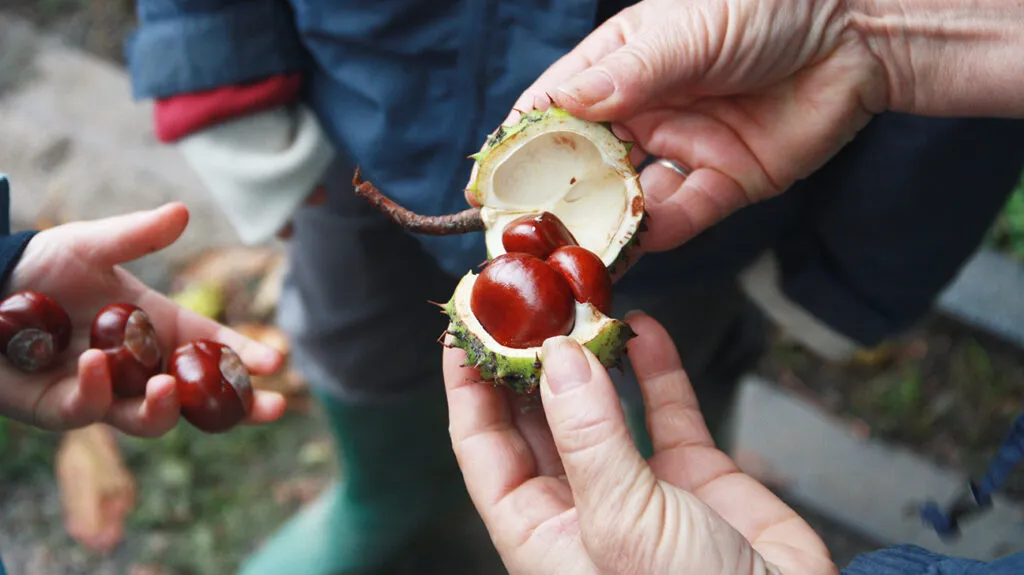Many foods contain magnesium such as baked potatoes, whole grains, green leafy vegetables, almonds, and shellfish. It has been shown that the nutrient increases calcium levels in the body, which helps in the control of high blood pressure. Also, magnesium can alleviate chronic health issues such as insomnia and headaches.
You may experience muscle contraction if your body lacks magnesium. Due to this, magnesium is frequently recommended to treat restless legs syndrome. Even though varicose veins and venous insufficiency are associated with many restless leg syndrome symptoms, magnesium will not do much to alleviate pain, cramping, or swelling associated with vein disease.

WHAT MIGHT HELP VENOUS INSUFFICIENCY?
The blood pools in the vein when your valves are unable to circulate blood back to the heart. This can make your leg feel heavy, itchy, and swollen, or it can create dark, bulging veins that are visible beneath the skin. Skin texture and color changes, sores, itchy skin, and cramping are other signs of venous insufficiency. Venous insufficiency can lead to severe problems if left untreated.
A vein doctor can treat vein problems effectively. However, there are other ways that can reduce some of the discomforts.
The following natural remedies and supplements may improve the health of your veins but consult your doctor first or visit Specialty Care Clinics.
Horse Chestnut :– Due to its natural ingredient Aescin, horse chestnut is one of the popular varicose vein remedies. Horse chest thins and shrinks blood vessels, which increases circulation and reduces swelling. Horse chestnut seed doses of 300 mg should be taken thrice a day. Avoid this if you are pregnant or have bleeding problems.
Grape Seed Extract :– Grape seed extract has flavonoids. The oligomeric proanthocyanidin complex, which is its active ingredient, helps improve circulation. You can take between 150-300 mg either in the form of a pill or liquid.
Rutin :– The flavonoid hydroxyethylrutosides (HR) found in rutin can reduce swelling when taken in doses of 500 mg twice daily.
Butcher’s broom :– Sometimes butcher’s broom is used to treat the signs and symptoms of inflammation and poor blood flow. You can take 100 milligrams in liquid extract or 1,000 milligrams in capsule form daily. You can combine a butcher’s broom with vitamin C for an additional boost.
Gotu Kola :– It is used to manage swelling associated with varicose veins. You can take between 90 to 120 mg daily either as a tea or an extract.
Supplements provide temporary relief. Immediately stop taking the supplement if you have an adverse reaction.

COMMON VEIN TREATMENTS
A vein specialist’s minimally invasive surgical techniques can offer greater long-lasting relief.
Sclerotherapy :– In sclerotherapy, a saline-based solution is injected into the affected vein, which irritates and collapses the vein wall. Blood is diverted to healthy veins and the body absorbs the collapsed vein. After the procedure of small varicose veins, the result will appear in three to six weeks. It can take three to four months for larger veins.
Ambulatory Phlebectomy :– Ambulatory phlebectomy is a surgical procedure that involves a keyhole incision to remove visible varicose veins. Stitches are rarely required. This method is often combined with other vein-treating techniques like laser, radiofrequency, and ligation and stripping.
Thermal Heat Ablation :– Varicose veins can be removed without surgery by thermal heat ablation. Laser or radiofrequency is used to seal off veins. A smaller incision is required for this procedure and recovery time is shorter than surgery. It is also called radiofrequency therapy or endovenous laser.
